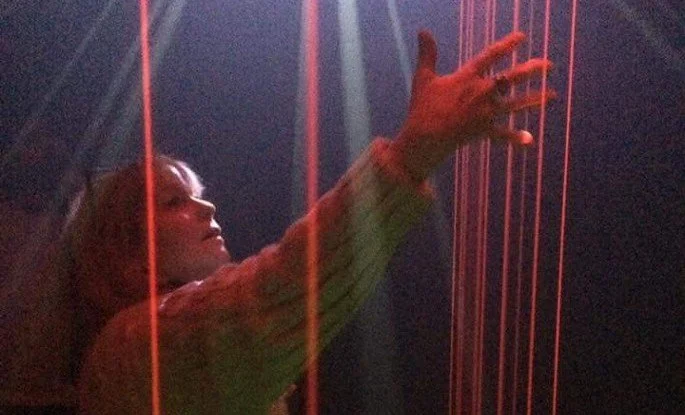No one told us that if we deconstructed our theories in physics we would be cast into a lake of fire.
People often label their experience of coming out of a set of beliefs as deconstruction.
I have a difficult time with the term deconstruction.
Words matter.
The words we give our children to explain their feelings, and the words we speak to ourselves have tremendous power over whether we experience things as positive, negative or neutral.
“anxious and nervous” vs. “eager and excited”
“bored and lonely” vs. “calm and peaceful”
“Stage fright or performance anxiety” vs. “ excitement and adrenaline”
Words matter.
They can define what we feel, even when the physical experience or emotional experience is the same.
Language shapes us.
I’ve never felt like my spiritual journey involved a “deconstruction”. I’ve always felt it was just an adventure. Just learning, revising, letting go, learning differently, revising, letting go, learning more, revising further, letting go.
Either way, it’s the same process and the same life experience.
But somehow “deconstruction” feels scary and negative. Adventure feels fun and exciting.
Like all of life really.
Deconstruction or adventure?
In other areas of knowledge and exploration (art, science, technology, even in relationships), we seem more able to welcome changes, shifts, and discoveries as positive progress, but in religion it gets framed as de-construction, or even heresy.
Of course no one taught us that if we got our art wrong we were going to hell. No one told us that if we deconstructed our theories in physics we would be cast into a lake of fire. No one told us that if we came up with new software, new types of music, new types of poetry, or new styles of writing we were a heretic and our souls were in danger.
How we experience growth spiritually has much to do with our idea of God.
If God is wrathful, and punishing, it will be very important to know what’s right and GET IT RIGHT! And, if we deconstruct one set of dogmas because they were incorrect, we will feel like we need to reconstruct a new set. Better, improved, more enlightened, more correct. We will likely be stuck with dogmas for life, even if it is an ever-changing set.
If God is love and grace and the creative force behind infinite possibilities. If God is NOT about our knowledge of good and evil but rather the space within which we make all the mistakes and misunderstandings we will experience in our adventure in this world:
Our growth and evolution just might feel positive and not at all like a deconstruction.
(To comment, click on header)










